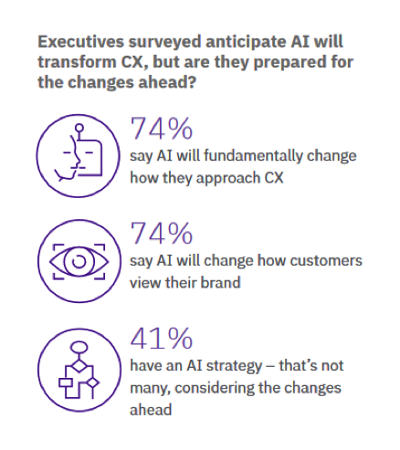A Dramatic Shift in Marketing Measurement
Over the past several years, the marketing function has witnessed three significant changes that have transformed the profession so that it can better drive business results and enhance the customer experience.
First is the increased adoption of marketing analytics and actionable insights to measure success and help the organization compete.
Second, marketers are using data to better understand and solve industry-related problems and answer industry-specific questions.
And, third, marketers are making better use of artificial intelligence (AI) to make sense of all this data in order to take immediate action to engage with customers in the right channel, at the right moment.
Yet, despite all these advancements, why are marketers still struggling?
To be clear, marketing analytics is a blend of art and science, but it has traditionally been driven by analysis, which in today's environment requires specialized data science skills, competencies, and disciplines. So, whether the challenge lies in hiring the right talent or using the right tools, today's marketing mandate is clear: Marketers need to know...
- Whom they are speaking to
- How to speak to those people
- What those people will do next
Asking the Right Questions to Understand Customers
How do you keep a finger on the pulse of your customers today? How do you predict what they will do next?
In the age of Big Data and a hyper-connected world, brands have the capability to track, learn, and understand the behaviors of their customers across any device. With such capabilities, it's easy to get distracted. But the best foundations can be built by asking fundamental questions:
- How many of my high value customers are at a high risk of leaving?
- Who are my most valuable customers, and who will be valuable in the future? Furthermore, how can I keep them happy and loving my brand?
- What is the total value of the customers who are likely to become disengaged in the future?
- Where do most of my at-risk customers have their worst experiences?
- What are the top behaviors associated with my customers?
- Why might my customers become disengaged or leave my brand altogether?
Each of those questions centers on your customers' relationship with your brand. So how do we engage a moving target who is constantly visiting, learning, and making purchases, whether in-store or on a mobile device?
The key in transforming customer relationships is relevancy—that is, delivering the right offer to the right audience. Marketers need to recognize that the relationship is no longer strictly business, but an evolving and personal relationship that revolves around a company's brand promise and its customers.
Understanding Behavior-Based Audiences
To help answer some of the questions listed above, we analyzed the most important indicators and drivers, and we determined that the following marketing analytics techniques, predictive models, and AI-powered analytics will help solve the most top-of mind challenges that marketers face today:
- Attrition/churn prediction: Who might likely to abandon my brand and why?
- Behavioral engagement segmentation: How are my customers engaged with my brand and how can I keep them engaged in the future?
- Predictive customer lifetime value: Who are my most valuable customers (or my least valuable customers) and who might be valuable in the future?
The Next Frontier: AI-Powered Audiences
Now that we know it's imperative to target specific audiences quickly and easily when nurturing your customer relationships, the next question is, "How do we do it?"
By harnessing the power of AI to stay ahead of customer behaviors and journeys, marketers can easily derive key insights to effectively launch marketing campaigns and offers that delight their customers in a personalized way.
In a recent IBM study that surveyed about 1,035 executives, approximately 24% of respondents who are using AI today said their company employs AI to provide insights that help their customer experience (CX) teams make quicker, more informed decisions, resulting in a positive impact on their CX strategies, customer service, and marketing campaigns (source: IBM Institute for Business Value).
In the same survey, 74% of respondents said they think AI will fundamentally change how they approach customer experience.

In the end, effective marketing is about making sense of the data you have, then taking action with timely execution. Having the necessary predictive analytics tools in place is the new gold standard for marketing leaders who want to empower their team to drive campaign effectiveness and customer satisfaction. And increased customer satisfaction naturally drives more revenue, greater margins, higher brand equity and NPS scores, and deeper customer relationships and loyalty.
Exploring Next Steps
Watson Marketing Insights can transform the role of the marketer with AI-powered audiences and a deep understanding of customer behaviors across their journeys. To learn how Watson Marketing Insights can drive more effective customer interactions and generate more impact for your business, access this interactive demo.




